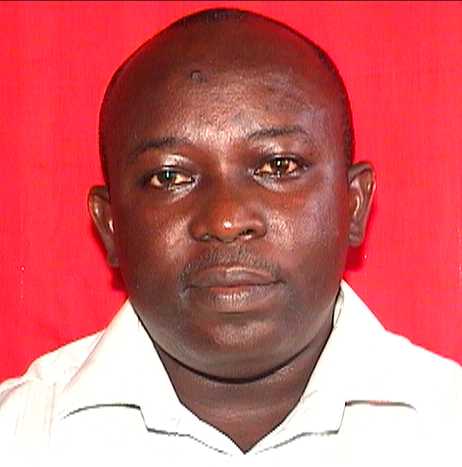Profile
Prof. Emmanuel Acheampong is a Professor in the Department of Silviculture and Forest Management, Faculty of Renewable Natural Resources at the Kwame Nkrumah University of Science and Technology (KNUST), Kumasi, Ghana. He holds a PhD in Human Geography (researching into forest-based livelihoods), an MSc in Environmental Policy and Management, both from the University of Hull, United Kingdom, and a BSc in Agriculture from KNUST. His teaching and research interests include natural resource and environmental governance; environmental and natural resource policy and politics; rural livelihoods, with emphasis on forest-based livelihoods; the relationship between communities and their natural resources; and indigenous perceptions and valuations of environmental resources. Prof. Acheampong has done extensive research into forest governance systems, timber production networks and forest justice issues in Ghana. He has also done extensive research on illegal logging, particularly chainsaw milling in Ghana, as well as the long-term impacts of the establishment of biofuel feedstock plantations, especially Jatropha curcas, on local communities. Some of the key research and development projects that he has been involved include (1) improving forest governance through effective forest monitoring in Ghana (Forests 2020 Project); (2) impacts of supranational governance arrangements on tropical forests; (3) access and exclusion along the charcoal commodity chain in Ghana; (4) REDD+ corruption risk assessment in Ghana; (5) baseline carbon quantification and land tenure issues in smallholder cocoa farms in Ghana; (6) optimizing productivity and perennial intercrop diversity tradeoffs in West and Central African cocoa farms; (7) socio-economic implications of biofuel feedstock plantations for local communities in Ghana and Ethiopia with regard to their land rights, livelihoods, food production, conflicts and participation in governance; (8) forest and tree tenure and access to timber and their impact on chainsaw operations in Ghana; and (9) developing the potential of climate change mitigation activities as alternative livelihoods for chainsaw dependent communities in Ghana. Prof. Acheampong has several publications in peer reviewed international journals.

